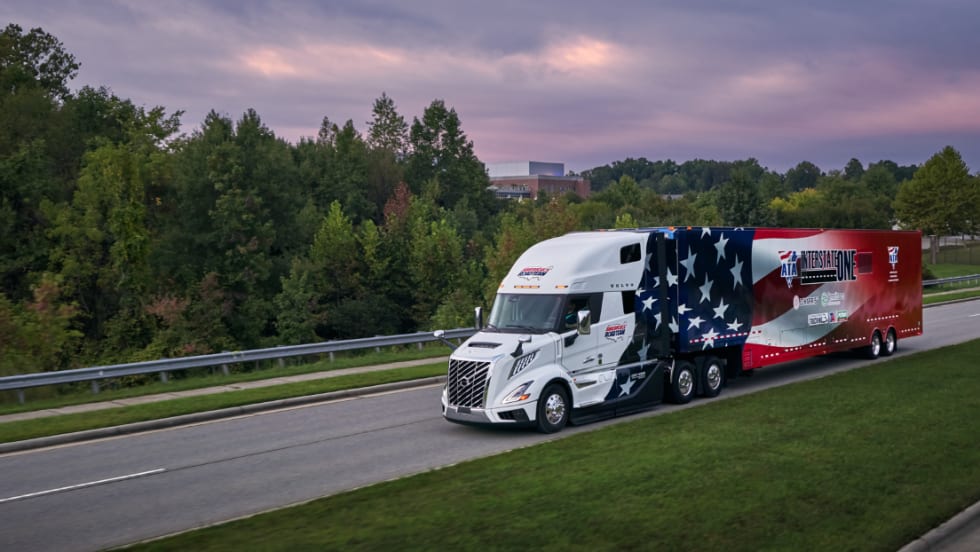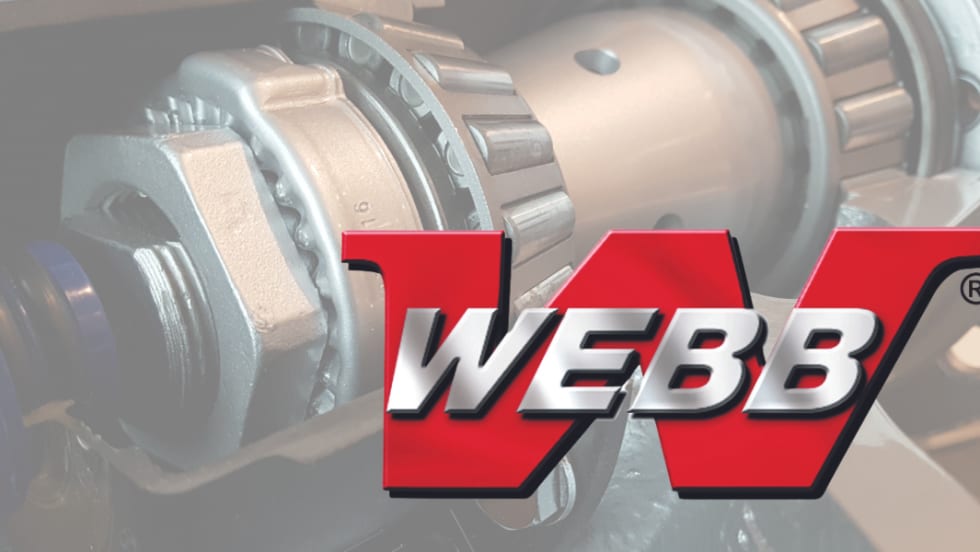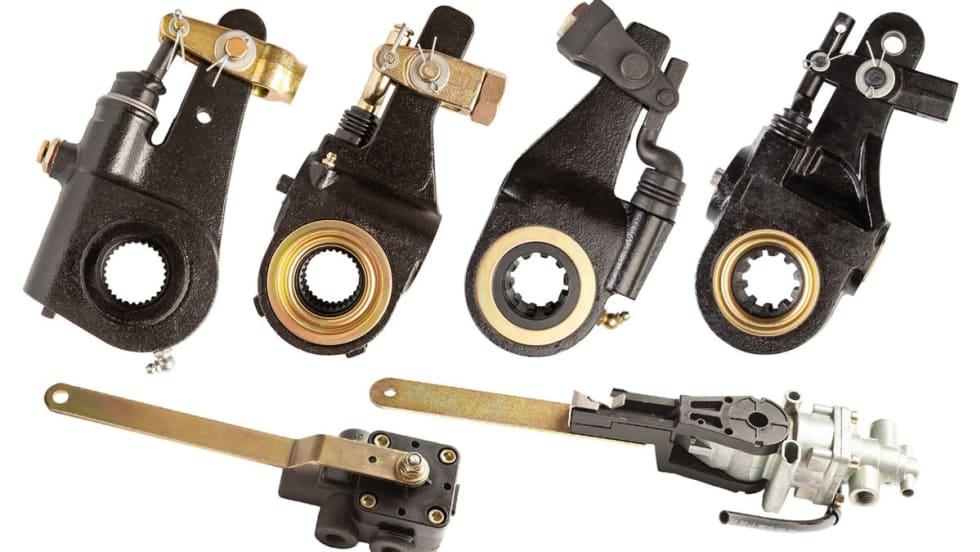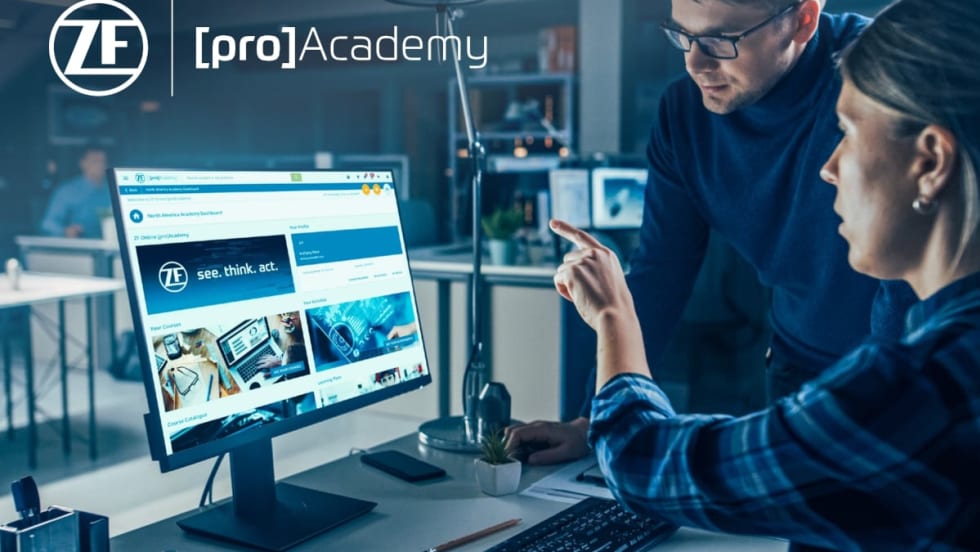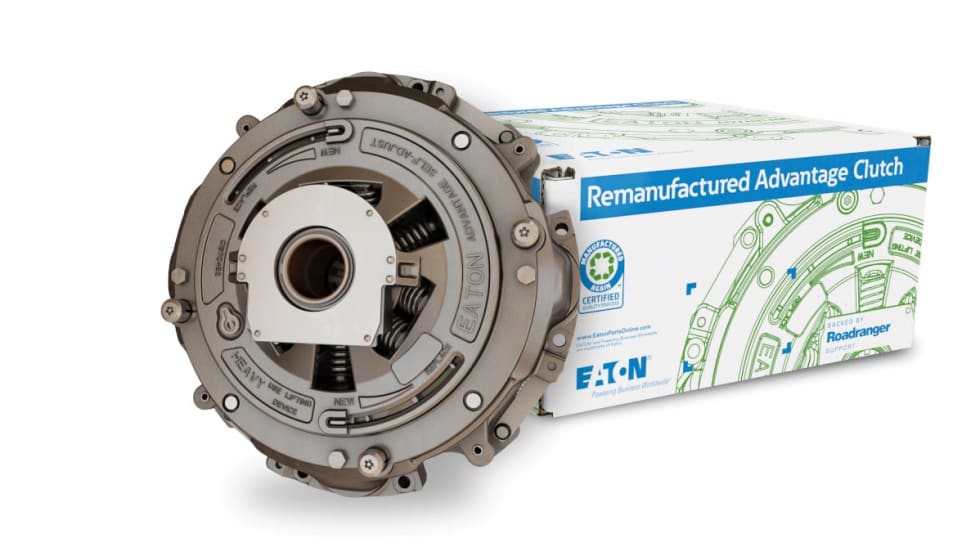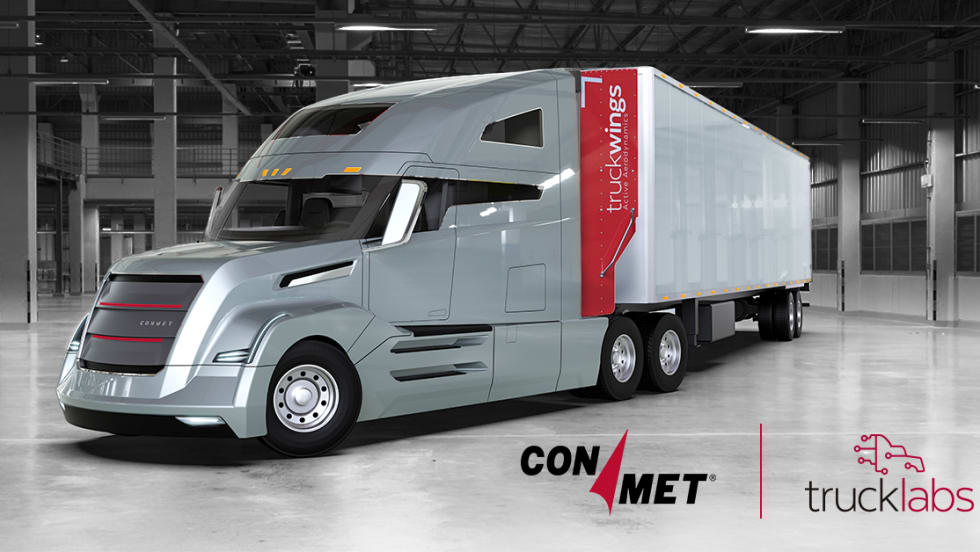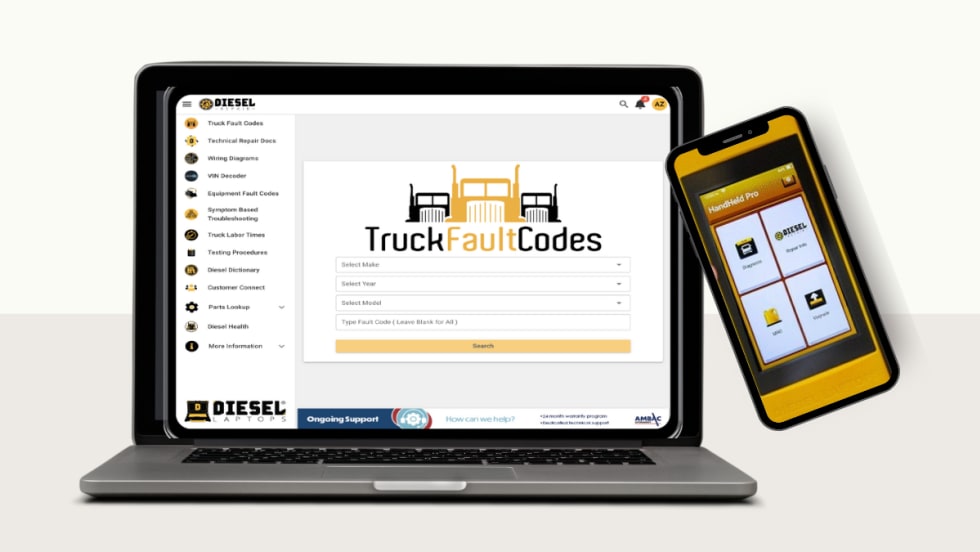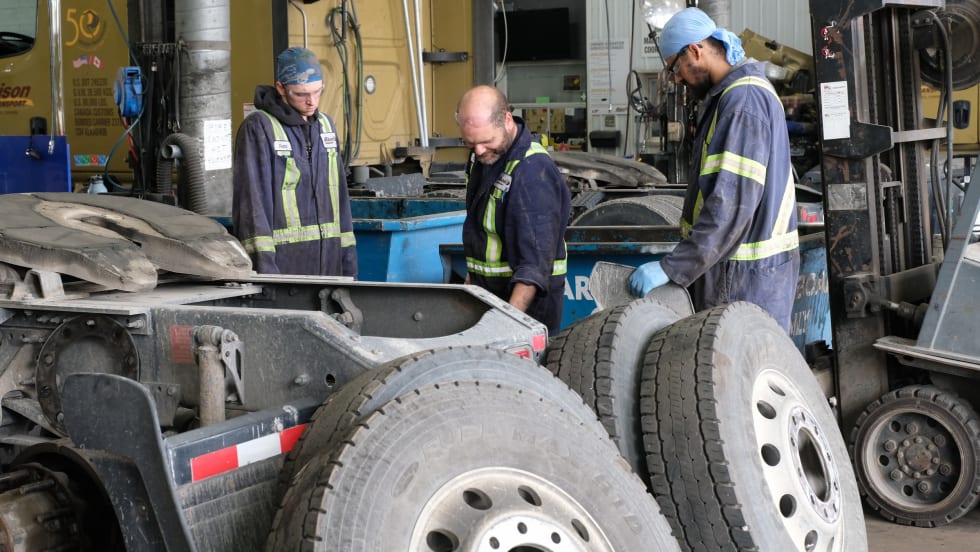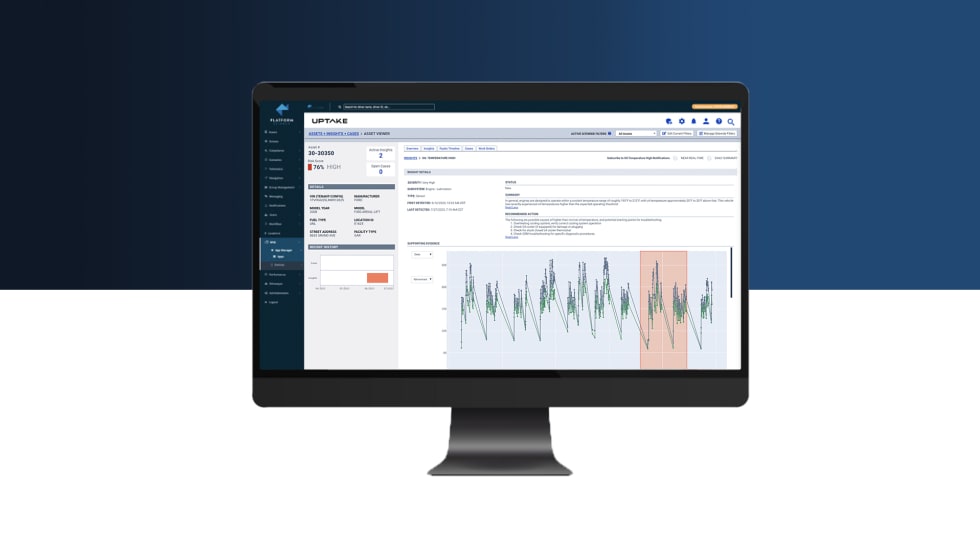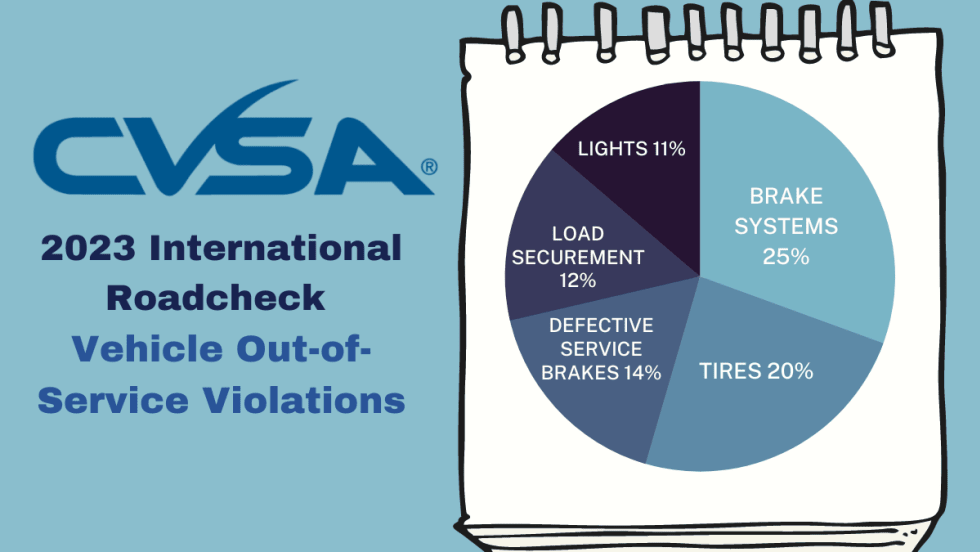The mergers and acquisitions environment for parts suppliers to heavy-duty trucking had been active in recent years, with 73 such transactions in 2019. And then COVID-19 hit.
“There were some deals out there that were far enough along where financing was resolved, and there was a good deal of confidence that these deals could happen and at the end of the day earnings would be in the ballpark,” says Tom Marx, senior partner at Hart Marx Advisors, an M&A firm assisting aftermarket companies with mergers and acquisitions. “But primarily what happened was [M&A] deals stopped.”
Bill Wade, managing partner at commercial vehicle aftermarket consultant Wade & Partners, adds, “A lot of the [businesses] that were thought to be good targets are gone or they have slipped,” meaning they are no longer good targets for acquisitions.
But, some mergers and acquisitions are still occurring, Marx says. “Smaller [businesses], where there was not a lot of damage to their financial statement and the transactions are in cash, are continuing to happen. The larger ones where there is a bank involved or where a private equity firm has to get financing, they are hesitant, because they don’t know what is going to happen as these companies come out of this pandemic.”
According to the Jefferies Heavy Duty and Specialty Vehicle M&A Report, published earlier this year by the Jefferies Commercial/Specialty Vehicle practice investment banking team, between 2015 and 2019, private equity accounted for 25% of the yearly heavy-duty M&A volume. FleetPride, for instance, was one of the most prolific, with 15 acquisitions since 2015. FleetPride itself was traded more than once, with private equity firm American Securities buying it from TPG Capital in 2018.
Wade believes the aftermarket “is still a gem for private equity.” However, PE will most likely continue to focus on larger deals with local financiers handling smaller deals, he believes.
Regardless of who is doing the acquiring, Marx predicts, “financing is likely going to be more expensive and more risky, which means multiples will come down to reflect the risk.” (Transaction multiples are a type of financial metrics used to value a company.)
Marx believes acquisition contracts will have more holdbacks written in. “If your revenue or earnings doesn’t come out to be what you say… they will hold back more of that purchase price to protect themselves in the event that your business is not doing as well as you claim.”
That may be the deciding factor in whether a deal occurs or not. “If [the seller] is willing to put more of that money on the back end in the future, they will have a better chance of selling the business than if they say, ‘I need an all-cash deal,’ … in which case buyers are going to look at them and go, ‘Why would I buy you?’” he says.
Despite the current uncertainty, both Wade and Marx believe we have not seen the end of M&A activity in this market. “We have not even seen the start of it on the dealer side,” Wade says. “There is still plenty of legs for the dealer acquisition market, and I think there is some legs for the parts business.”
However, he does not see service businesses as something that will be widely purchased by people who are not already in service. “The reason they are not in service is because they do not understand the differences of running a service distributor.”
Marx says the pause in mergers is only temporary. “I think temporary is through the end of this year. I fully suspect that 2021 will be a very strong year for consolidation.”
In general, mergers and acquisitions may not have a direct impact on fleets. However, if a key parts source or service provider comes under new ownership, it could mean having to forge new relationships in order to maintain business as usual. Wade’s advice is to focus on long-term relationship-building with suppliers and customers to make it through any bumps in the road caused by a merger or acquisition of one of your key vendors.




![Mergers and Acquisitions in the Aftermarket [Commentary]](https://assets.bobitstudios.com/image/upload/f_auto,q_auto,dpr_auto,c_limit,w_920/hands-1063442_1920_1768078074881_stpqzu.jpg)
